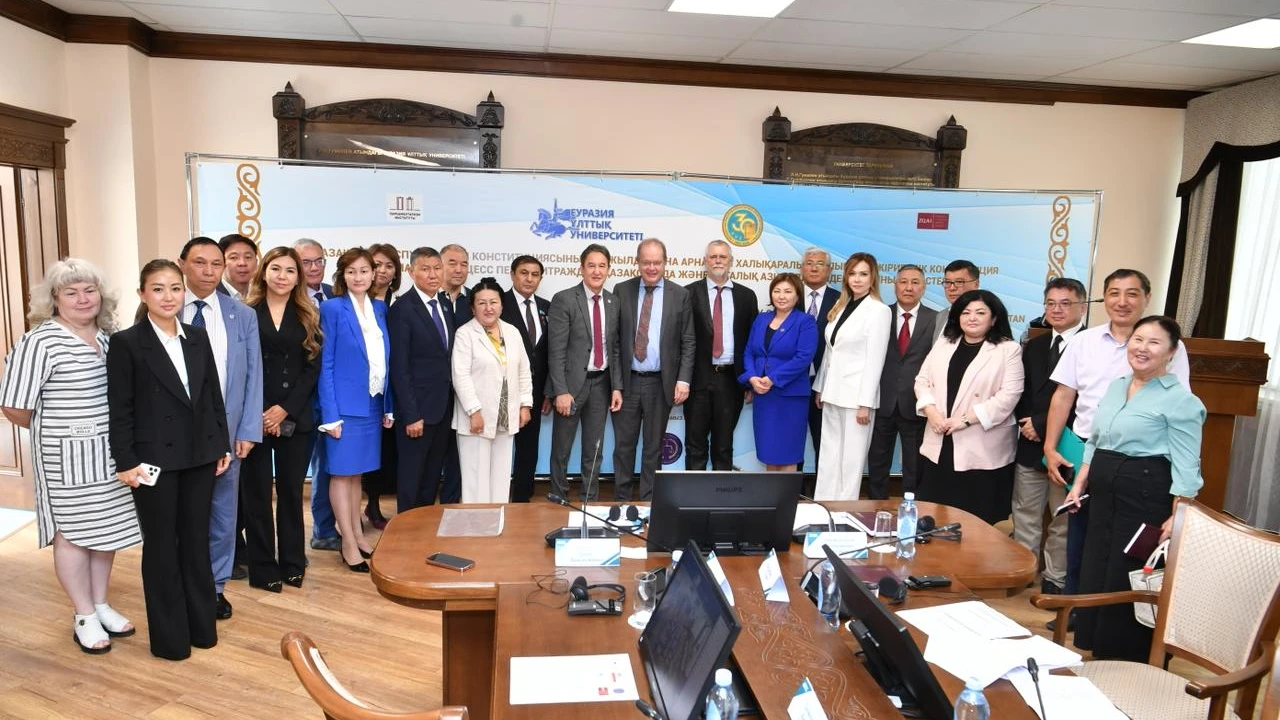
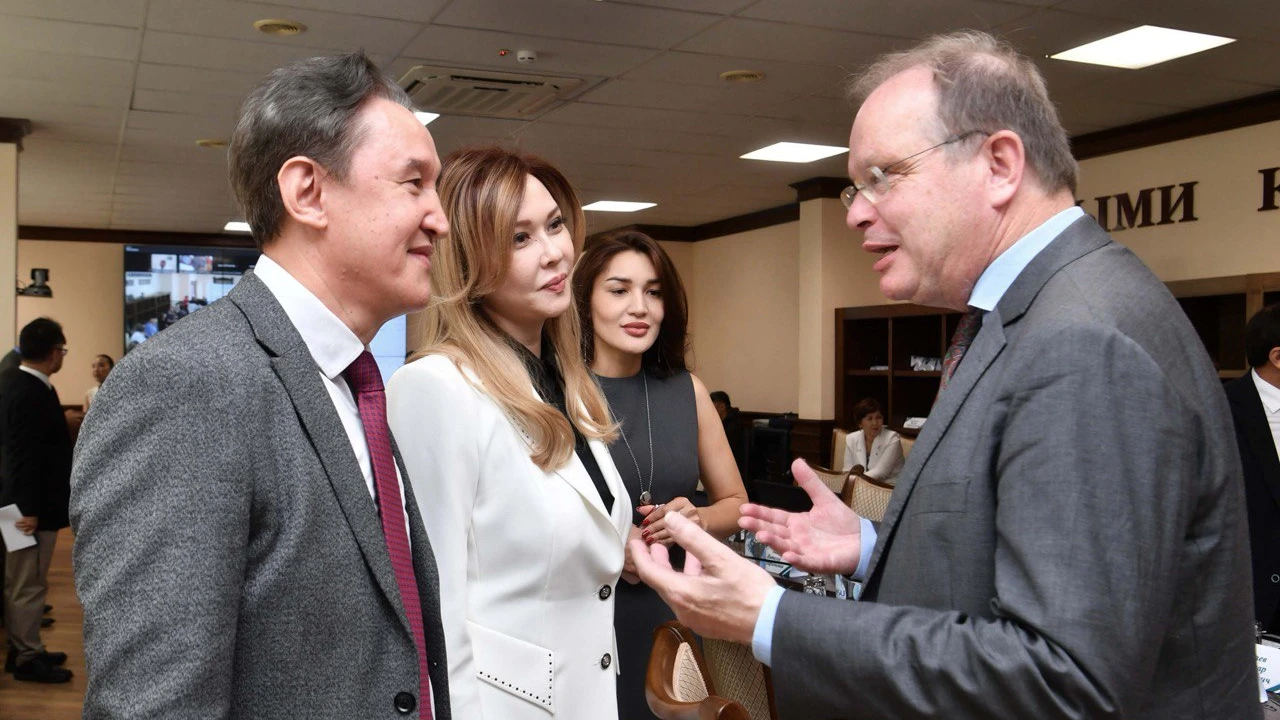
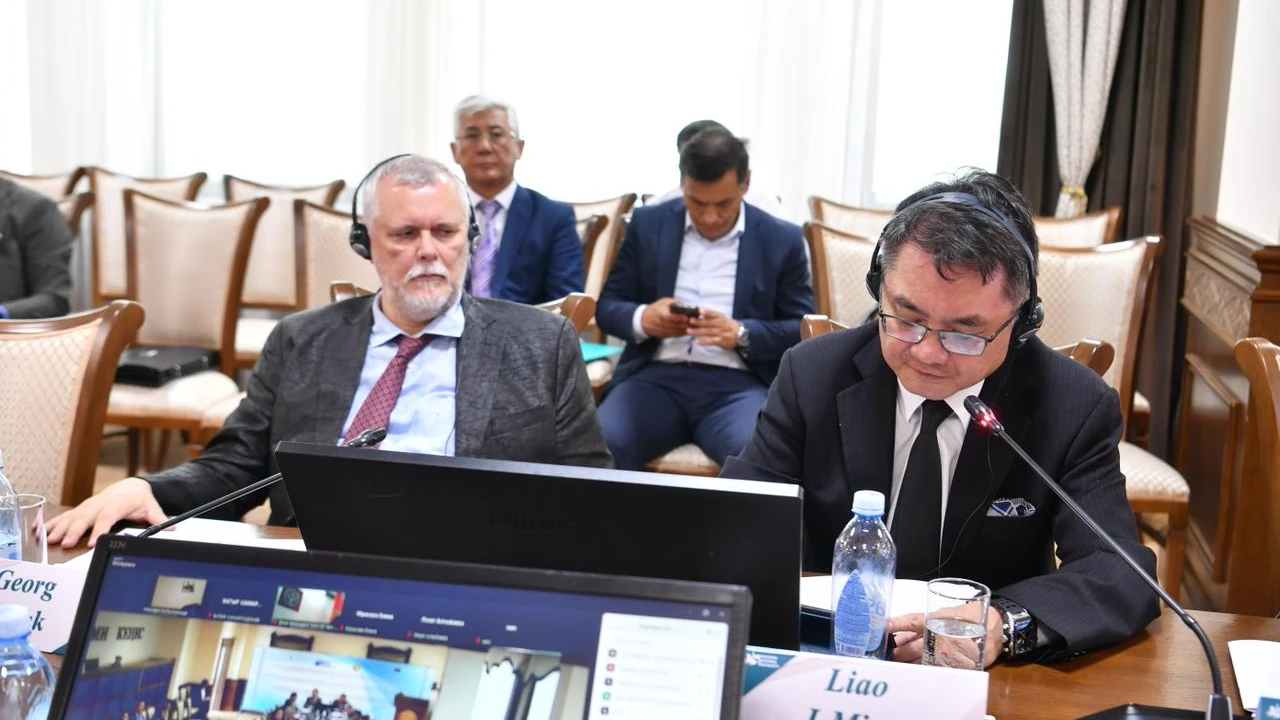
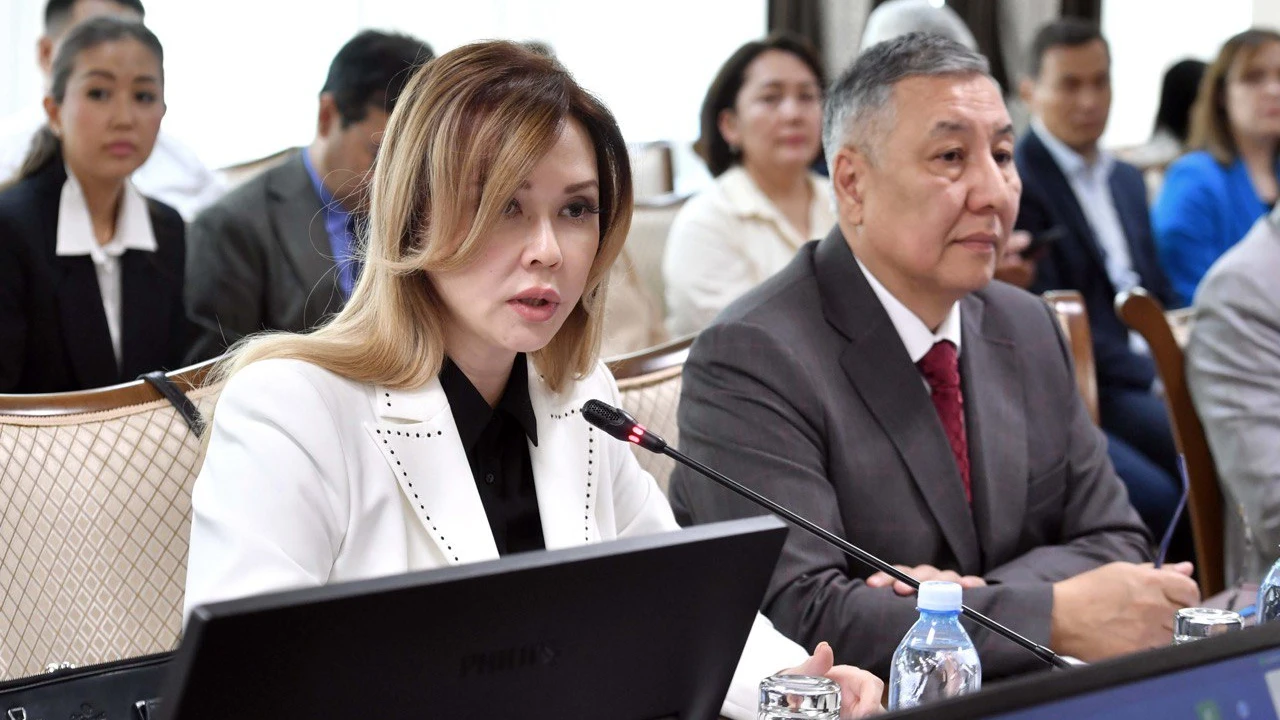
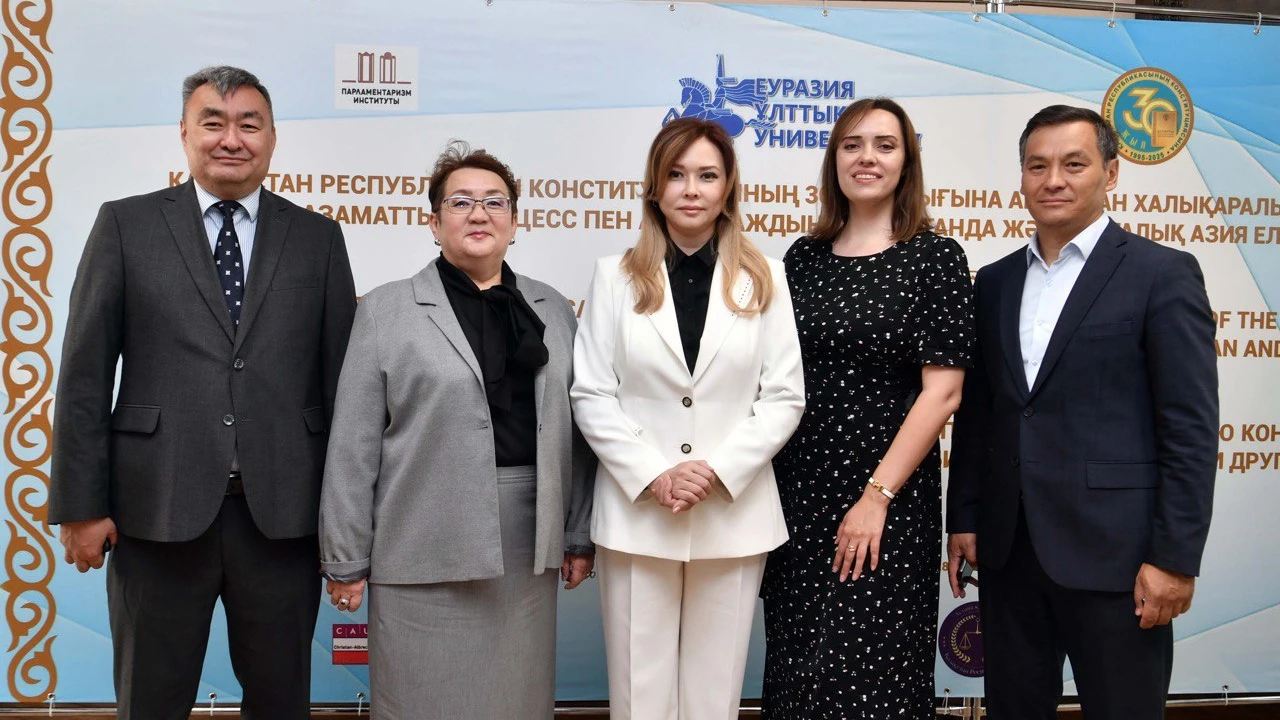
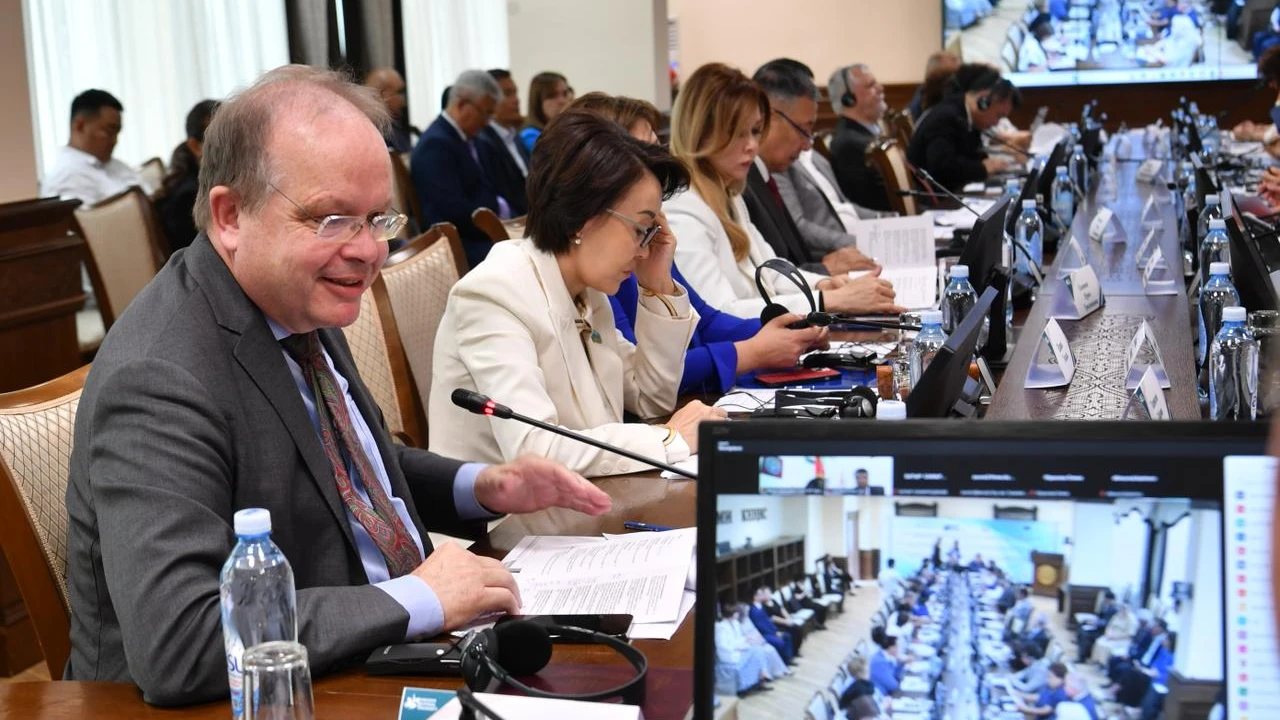
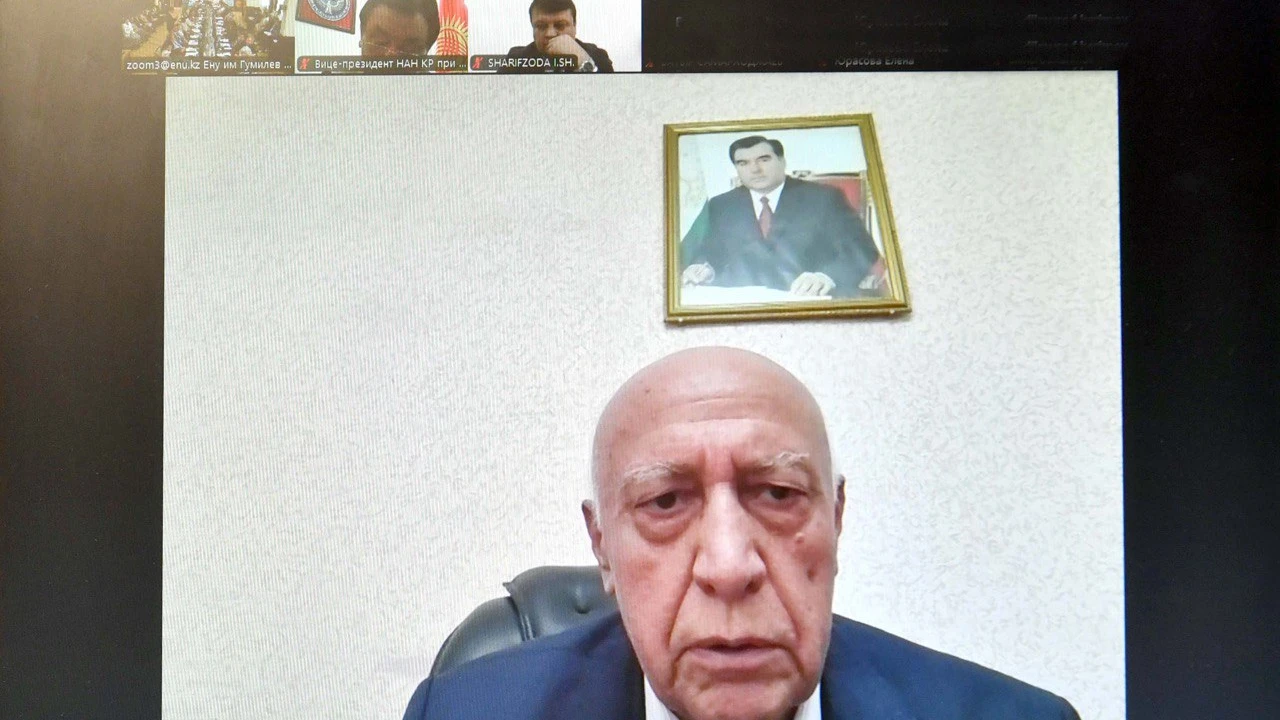
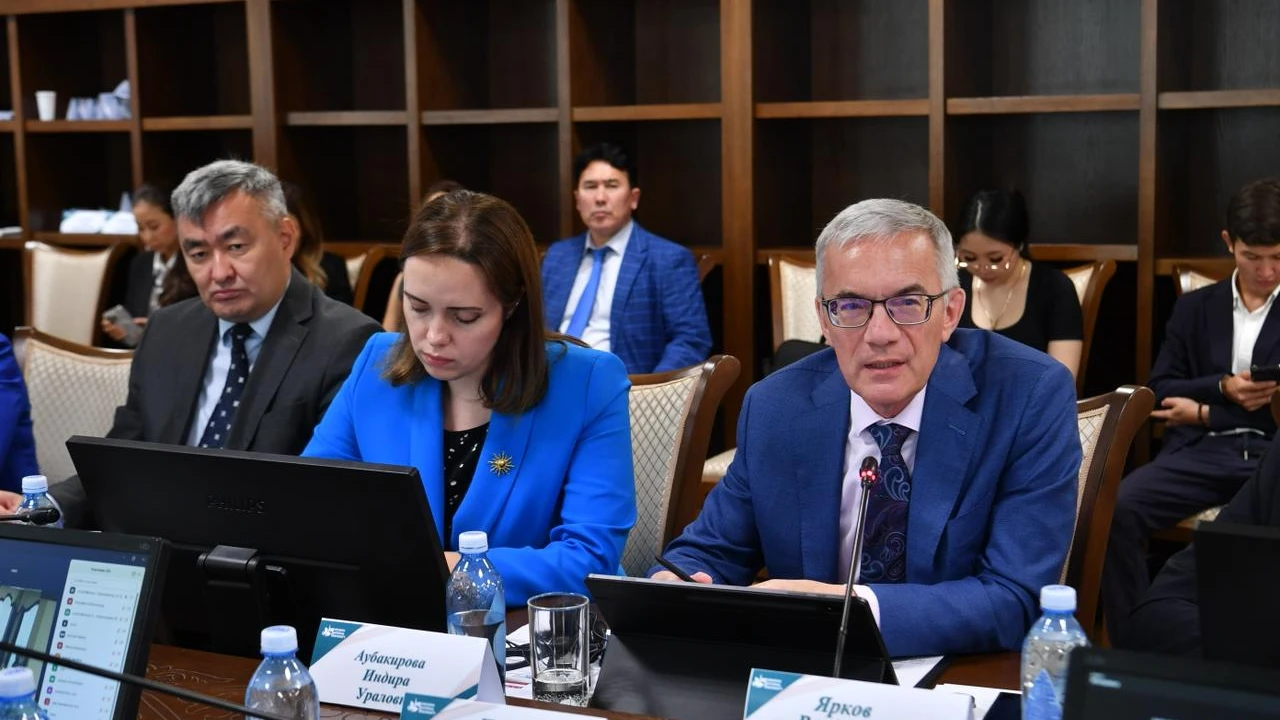
Astana, August 28 — The International Scientific and Practical Conference "Trends in the development of civil procedure and Arbitration in Kazakhstan and other Central Asian countries" opened in the capital, which will last on August 28-29. The event is organized by the L. N. Gumilyov Eurasian National University in cooperation with the Institute of Legislation and Legal Information of the Republic of Kazakhstan, the Institute of Eastern European Law of Christian Albrecht University (Germany) and the Institute of Parliamentarism.
Natalia Pan, Director of the Institute of Parliamentarism, noted in her opening speech that the conference brings together leading practitioners and researchers to develop applied solutions in the field of civil proceedings and arbitration. According to her, the key task is to adapt international best practices, including in the field of digitalization and artificial intelligence, to national realities.
Among the honorary participants and speakers were ENU Rector Yerlan Sydykov, Senate deputies Kairat Tastekeev and Galiaskar Sarybayev, former Chairman of the Constitutional Court of Tajikistan Fayzullo Abdullo, deputies of the Mazhilis Snezhanna Imasheva and Unzila Shapak, Judge of the Supreme Court of the Republic of Kazakhstan Nuriya Sisenova, as well as Director of the Institute of Legislation Indira Aubakirova.
The Institute of Parliamentarism was represented by an extensive delegation: Director Natalia Pan; Executive Director for Rulemaking Almas Kanatov; Head of the Center for Private Legislation Yulia Kostyanaya; chief specialists Aizhan Abdrasulova and Almagul Zhamanova; as well as a number of specialized experts.
The central topics of the first day are the digital transformation of ships and the use of artificial intelligence in civil production. In the report "The use of artificial intelligence in Civil Proceedings", Yulia Kostyanaya, Head of the Center for Private Legislation at the Institute of Parliamentarism, systematized international experience (EU, USA, China, Taiwan, Argentina) and highlighted the advantages of technology — speeding up case processing, analytical support for judges — along with the risks: lack of legal regulation, threats of opacity and issues of responsibility. The speaker emphasized the need to develop common methodological standards and regulatory guarantees for the implementation of AI in judicial practice.
In her speech "Kazakhstan's judicial reform: towards a more transparent and effective court system", Aizhan Abdrasulova analyzed the results of recent reforms and outlined ways to increase the openness and efficiency of courts. Almagul Zhamanova presented a study on the abuse of procedural rights and proposed mechanisms to prevent delaying cases and manipulating the procedure.
The conference program also covers arbitration issues, standards of evidence, access to justice in rural areas, and the interaction of courts with alternative dispute resolution mechanisms. Practical sessions and working groups are planned for two days, in which judges, lawyers and legislators will jointly work out recommendations on the unification of procedural norms and digitalization methods.
The organizers emphasize the applied nature of the forum: Following the results of the conference, it is planned to form a package of specific proposals for relevant ministries and parliamentary commissions, as well as methodological guidelines for the courts. Experts note that successful modernization is possible only with a combination of technological solutions with institutions of transparency, professional training and sustainable financing.
Tomorrow, participants will continue to exchange practices and discuss legislative initiatives; it is expected that a set of recommendations will be published at the end of the forum, which will form the basis for future regulatory changes in the field of civil procedure and arbitration in Kazakhstan and the countries of the region.



